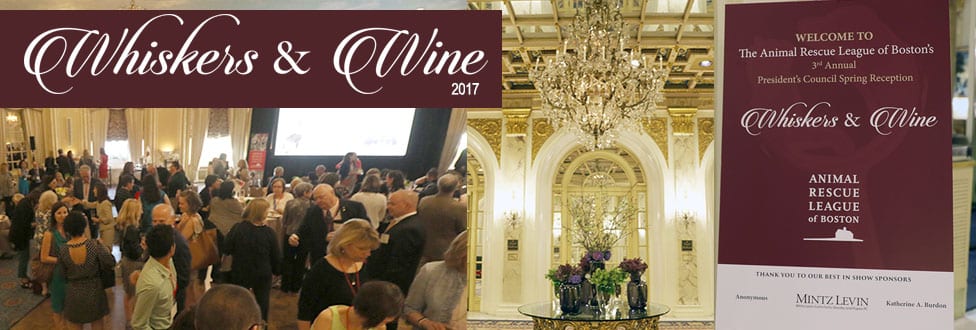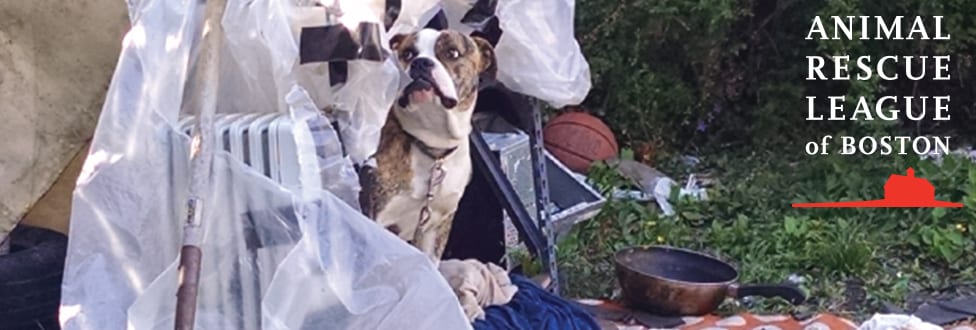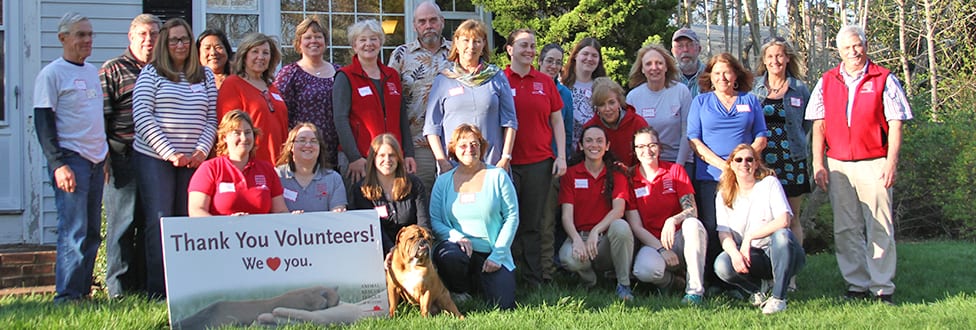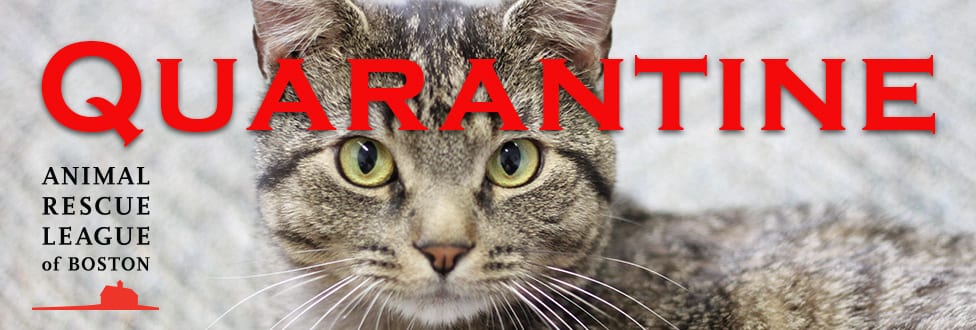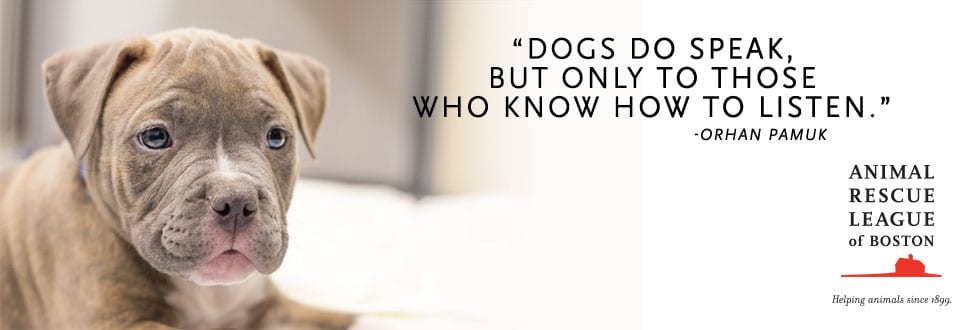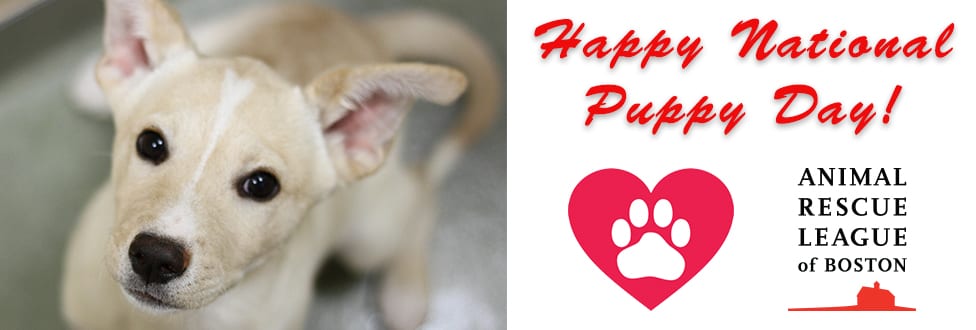UPDATE: Maybelle Gets First Measurement
Weight Loss to be Gauged by Inches Lost
When Maybelle the pot-bellied pig first came to the Animal Rescue League of Boston (ARL) several months ago, she weighed 196 pounds and could barely stand, let alone walk; and her overgrown hooves were causing severe discomfort. While she is still grossly overweight, Maybelle is making progress.
Because she is still relatively immobile, getting Maybelle on a scale is a difficult task. So this week Dedham Animal Care & Adoption Center staff recorded her first waist measurement, and will chart Maybelle’s progress in the coming months by the number of inches she loses.
Currently Maybelle’s waist measures 48 inches– that’s 4 feet round!
While it may be difficult to physically see her weight loss, Maybelle has shed some pounds, and is able to stand and move around a little easier–a roll of fat is unfortunately still blocking her eyes so she can’t see. A secondary concern for the pot-bellied pig was her mental state. Maybelle was depressed when she came to ARL, however she seems to be turning a corner, thanks to constant visits and encouragement from ARL staff and volunteers. She has also grown a fan-base, as many people who come to the Dedham Animal Care & Adoption Center ask to see her. Overall, there’s a long road ahead, but Maybelle is certainly trending in the right direction.
ARL’s veterinary staff want Maybelle to lose weight safely–meaning it will be a slow and steady process. She is still receiving 6 small meals a day and has drastically reduced her caloric intake. Make sure to check back often to see Maybelle’s progress!
Extended Care
It’s expected that Maybelle’s weight loss and rehabilitation will take up to a year, meaning she will be in the care of ARL much longer than a typical shelter animal. From food and shelter, to on-going veterinary care, costs to take care of Maybelle will run in the thousands. ARL does not receive government funding, and relies solely on the generosity of individuals to help animals in need like Maybelle. Please donate today by clicking the icon below to help Maybelle and animals like her.

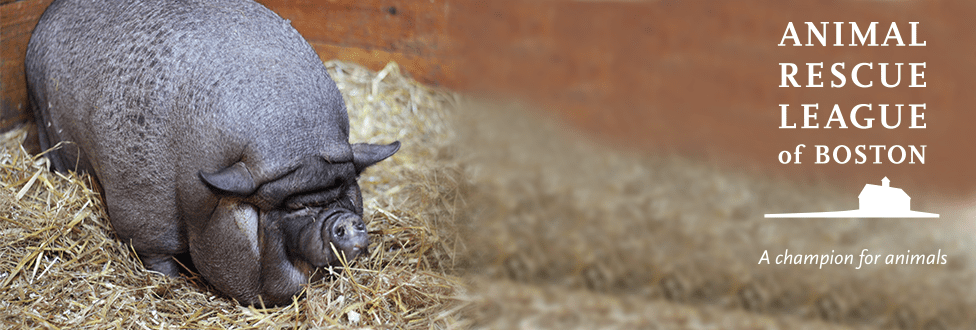
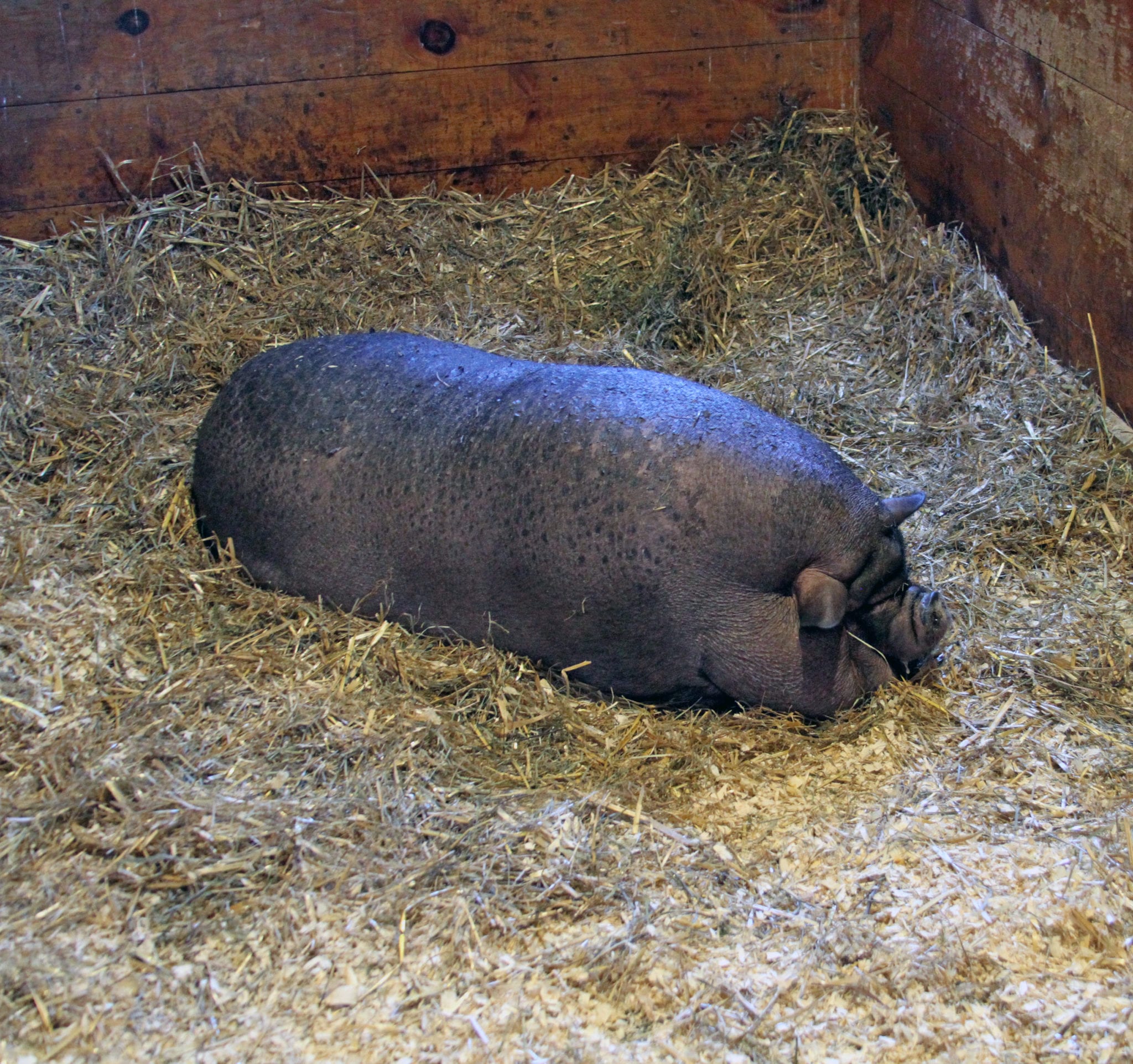
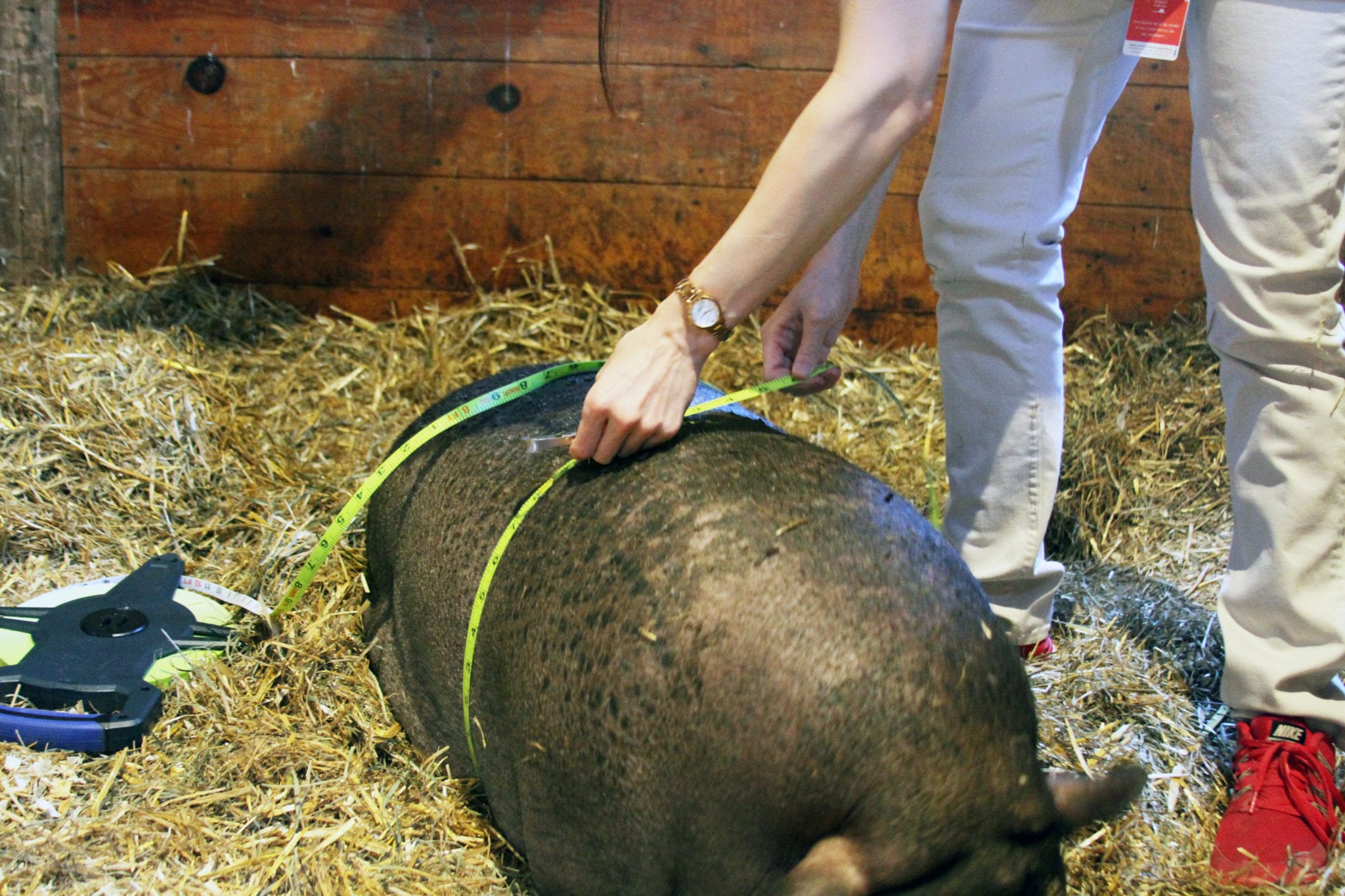
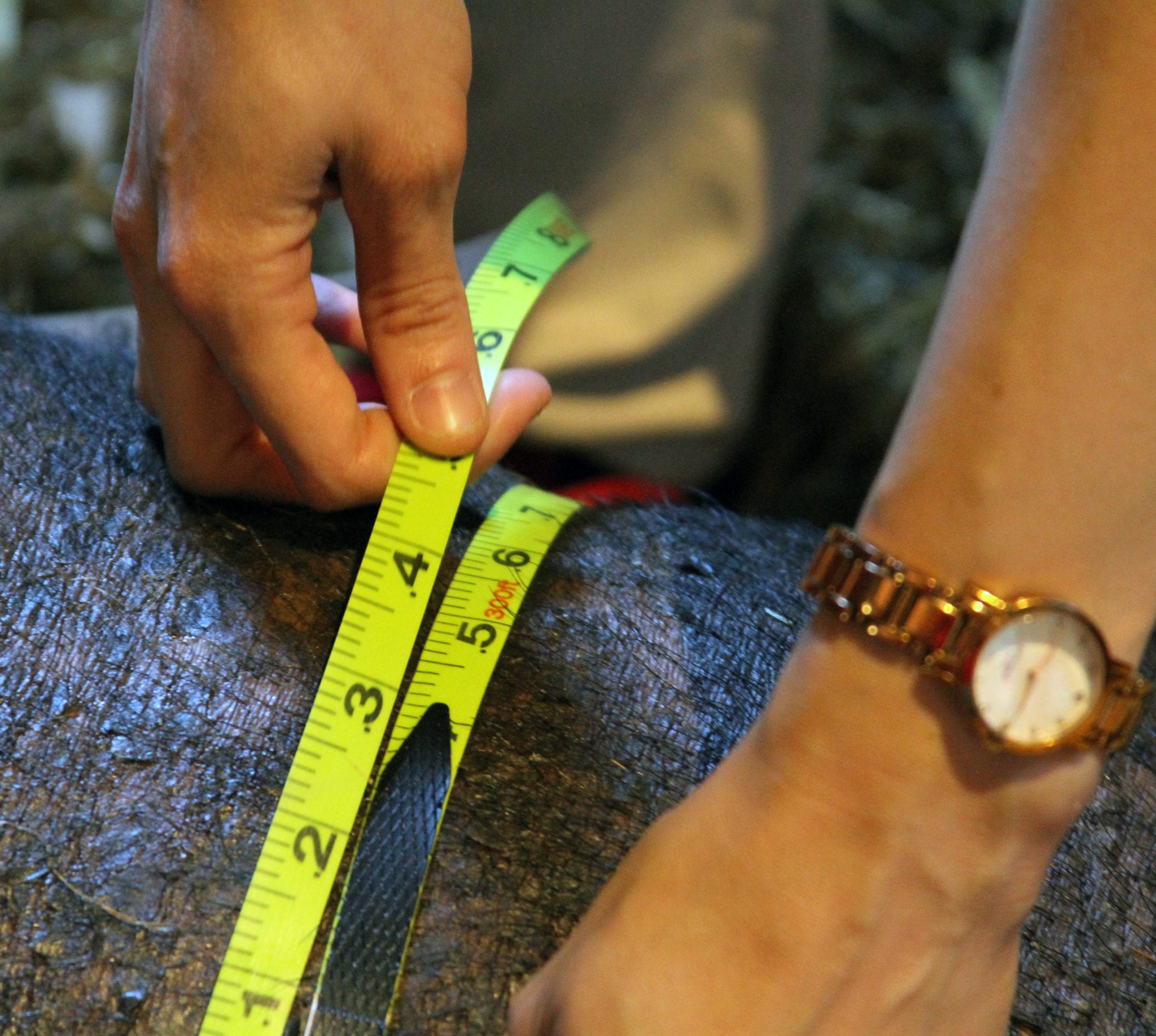
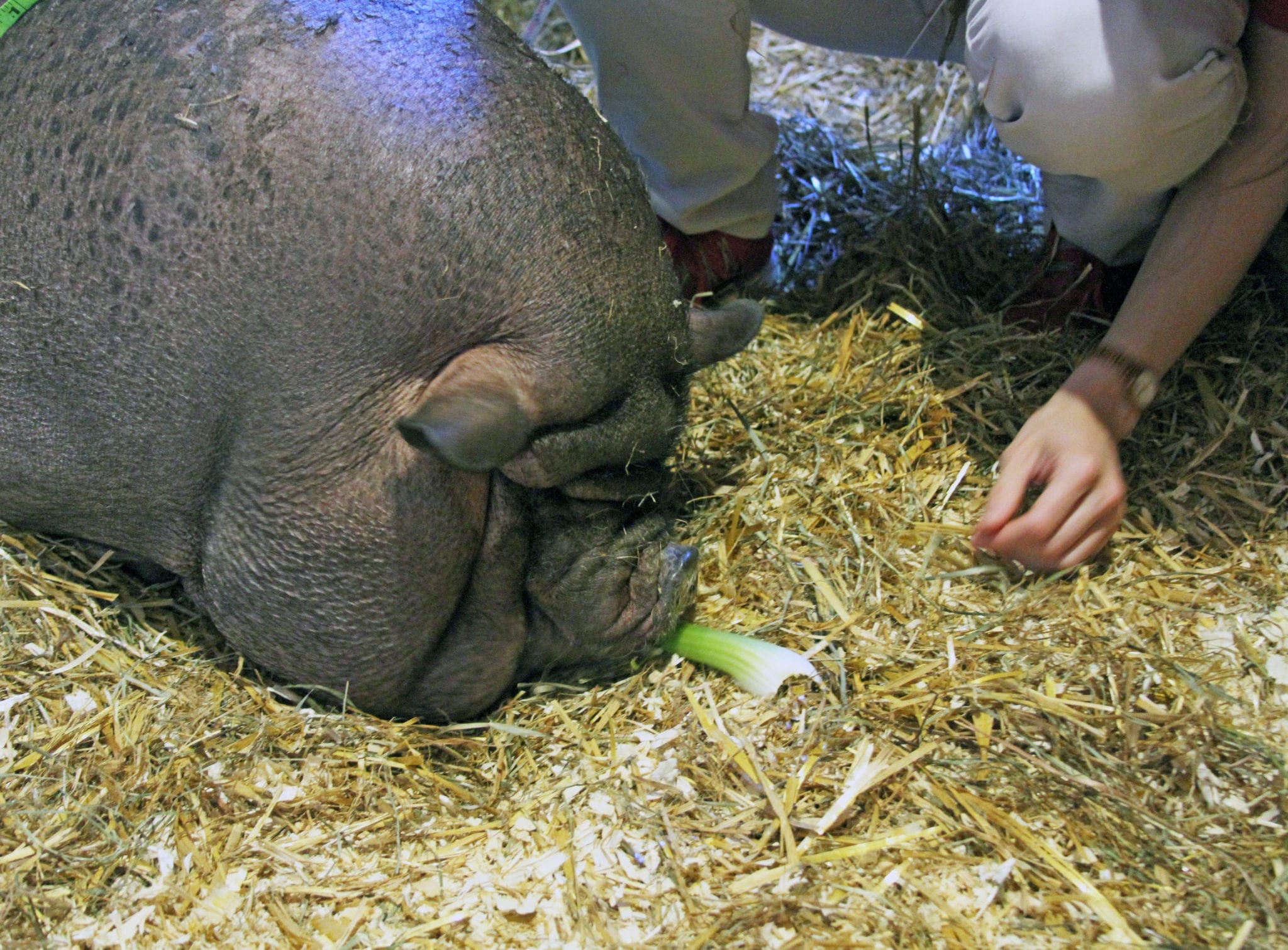

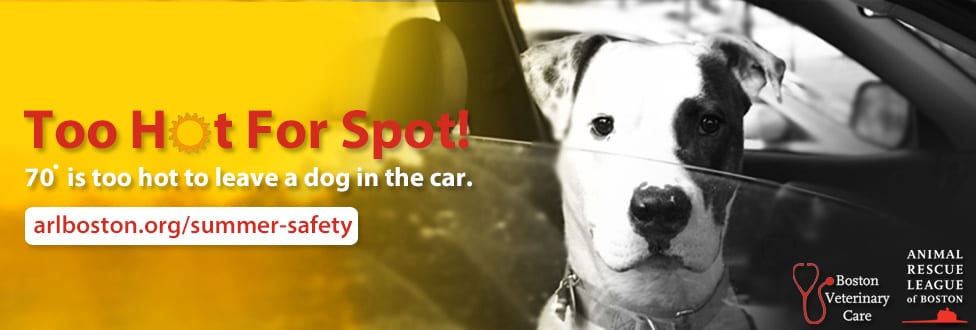
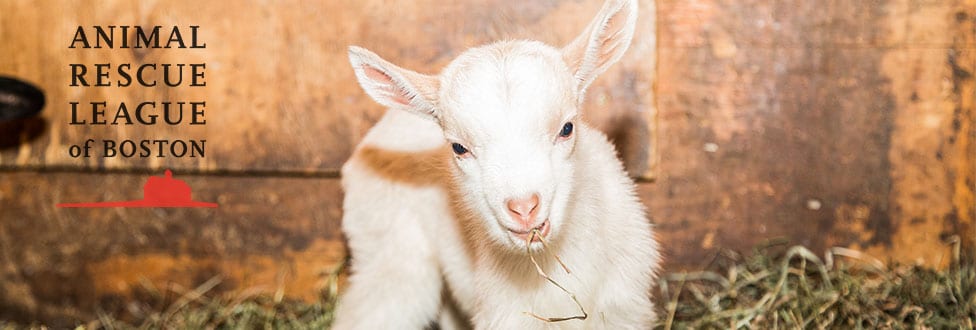
 ctions and food safety decisions in the hands of factory farmers and their allies with all livestock regulations required to be approved by a 2/3 majority. Only 2 of 13 board seats are allotted to animal welfare organizations (ARL and MSPCA).
ctions and food safety decisions in the hands of factory farmers and their allies with all livestock regulations required to be approved by a 2/3 majority. Only 2 of 13 board seats are allotted to animal welfare organizations (ARL and MSPCA).